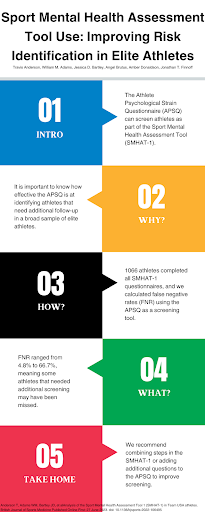
Optimizing Strength: Musculoskeletal Health Exercises
A strong and resilient musculoskeletal system is fundamental for overall health and functional well-being. In this article, we explore the importance of musculoskeletal health exercises, addressing the significance of a balanced exercise routine in fostering strength, flexibility, and injury prevention.
Building a Foundation: The Importance of Musculoskeletal Health
The musculoskeletal system, consisting of muscles, bones, tendons, ligaments, and joints, forms the body’s structural framework. Exercises targeting musculoskeletal health are crucial for maintaining strength, stability, and mobility, ultimately supporting daily activities and preventing injuries.
Strength Training for Musculoskeletal Resilience
Strength training is a cornerstone of musculoskeletal health exercises. Engaging in resistance exercises, such as weightlifting or bodyweight exercises, stimulates muscle growth, enhances bone density, and fortifies connective tissues. A well-rounded strength training routine contributes to overall stability and reduces the risk of musculoskeletal imbalances.
Flexibility and Range of Motion Exercises
Incorporating flexibility exercises is equally important for musculoskeletal health. Activities like yoga or dynamic stretching enhance flexibility and maintain an optimal range of motion in joints. Improved flexibility not only reduces the risk of injuries but also supports better posture and overall joint health.
Weight-Bearing Exercises for Bone Health
Weight-bearing exercises, which involve working against gravity, are essential for bone health. Activities like running, brisk walking, or jumping stimulate bone remodeling, increasing bone density and strength. These exercises are particularly beneficial in preventing conditions like osteoporosis.
Joint-Friendly Exercises for Long-Term Health
Consideration for joint health is vital in designing a musculoskeletal exercise routine. Low-impact exercises, such as swimming or cycling, minimize stress on the joints while still providing effective cardiovascular and musculoskeletal benefits. This is especially beneficial for individuals with joint conditions or those in post-rehabilitation phases.
Balance and Stability Training
Enhancing balance and stability is often overlooked but is crucial for musculoskeletal health, especially as individuals age. Exercises like single-leg stands, balance exercises on unstable surfaces, or specific yoga poses help improve proprioception and reduce the risk of falls.
Functional Movement Patterns for Daily Activities
Musculoskeletal health exercises should mimic and support daily movements. Functional exercises, such as squats, lunges, and deadlifts, target multiple muscle groups and improve coordination, ensuring that the body can perform daily activities efficiently and with reduced risk of injury.
Injury Prevention Strategies Through Musculoskeletal Exercises
An integral aspect of musculoskeletal health is injury prevention. Strengthening the muscles around vulnerable joints, incorporating proper warm-ups, and focusing on balanced muscle development are key strategies. These exercises not only prevent injuries but also contribute to long-term joint health.
Tailoring Exercises for Individual Needs
Every individual’s musculoskeletal needs are unique. Customizing exercises based on factors like age, fitness level, and specific health conditions ensures that the routine addresses individual requirements. Consulting with a fitness professional or healthcare provider can guide individuals in tailoring exercises to their unique musculoskeletal needs.
Consistency and Progression in Musculoskeletal Health
Consistency is key in reaping the benefits of musculoskeletal health exercises. Regular and progressive training allows the body to adapt and strengthen over time. Gradually increasing the intensity and complexity of exercises ensures continued progress and sustained musculoskeletal well-being.
Embracing a Holistic Approach to Musculoskeletal Health
In conclusion, musculoskeletal health exercises are an integral part of a holistic approach to well-being. By incorporating strength training, flexibility exercises, and injury prevention strategies, individuals can optimize their musculoskeletal system for long-term health. To explore more about Musculoskeletal Health Exercises, click here for valuable insights and resources to support your fitness journey.














